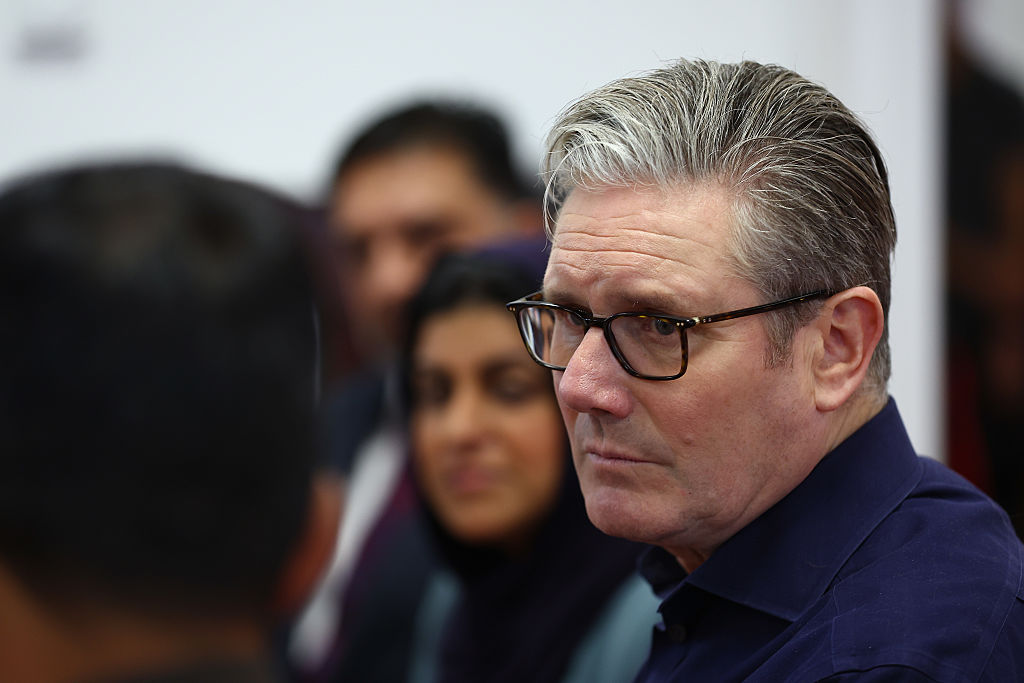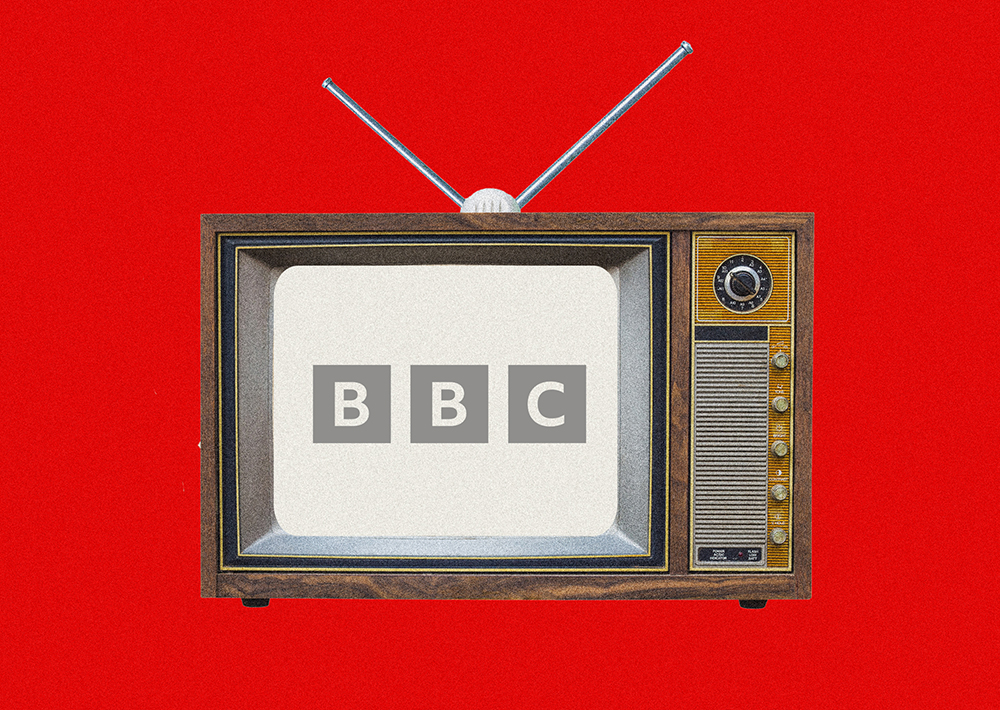After 16 months of this Labour government, it’s easy to catalogue the litany of bad decisions made by ministers. The disastrous budget that caused an uptick in unemployment. The tax imposed on family farms passed down through generations. Or the Education Secretary’s latest attempts to sabotage decades of successful policy.
Yet often overlooked, are the pains that Labour have gone to in the last year to ensure they aren’t making decisions at all. One aide famously said of the Prime Minister: ‘Keir’s not driving the train. He thinks he’s driving the train, but we’ve sat him at the front of the DLR.’
Not content with simply offloading the business of government to a quangocracy, they decided they didn’t even want to appoint those responsible for running the system
It seems that most ministers long to sit in a DLR of their own; as has been shown by the trail of regulators, ‘independent reviews’, and civil servant hand offs left in their wake. According to the national security minister, even something as critical as the alleged Chinese espionage case was delegated entirely to a civil servant without oversight.
In their first eight months in office, Labour have announced 27 new quangos. That’s more than May, Johnson, Truss and Sunak managed combined. These bodies might seem benign. But each and every one is a new unaccountable organisation, staffed by bureaucrats, outside of the glare of parliamentary scrutiny but capable of shaping public policy.
Even the government’s flagship policy, nationalising the railways, won’t be handled by ministers themselves. Ownership might return to the state, but real power will not rest in ministerial hands. Instead, it will be surrendered to a new body, Great British Railways, staffed by yet another bureaucrat.
I’ve always found this approach strange. When transport in Britain inevitably comes to a halt, it won’t be the chair of Great British Railway asked to appear on the Today programme and explain herself. It will be the ineffectual transport minister, unable to resolve problems because they’ve delegated their job to the civil service. When water companies pump sewage into the water, nobody directs their ire at Ofwat (the water regulator for England and Wales), they get angry at politicians. And yet, increasingly, ministers can do nothing because of an over regulated system of their own creation.
This week, the cabinet office upped the ante. Not content with simply offloading the business of government to a quangocracy, they decided they didn’t even want to appoint those responsible for running the system.
In what is being billed as a reform to ‘ensure that public institutions get faster access to best talent under streamlined rules’, the government have quietly announced that ministers can now ‘choose to have less involvement in recruiting board members of public institutions.’ Instead of needing to consult at every intermediate stage, work can now be delegated to officials, ‘speeding up the recruitment process and minimising the risk of losing high-quality candidates.’
The long march through democracy is almost complete: a government of officials, by officials, for officials. By the end of Starmer’s tenure, one wonders what ministers will do all day, now the civil service is firmly behind the wheel. Why these people ever entered politics is a mystery. They are completely allergic to anything resembling a decision.
The changes have been justified because in recent years just 13 per cent of hiring campaigns were completed in three months. Delays in the public appoints system are undeniably chronic. As with much of the public sector, almost nothing in this area runs to time. But the answer is for ministers to do their jobs. Not for them to wash their hands of the whole thing.
This all might seem arcane. But the people appointed to run these bodies have a profound impact on our lives. Regulators like Ofcom decide what news we’re allowed to watch, what presenters can say, and what is censored. In the wrong hands, bodies like the Financial Conduct Authority, who are meant to hold financial services to account and protect consumers, set about on doomed diversity, equity and inclusion drives instead, while making us all poorer in the process.
If you’ve ever wondered why so many of the nation’s museums now make absurd claims, like that Admiral Nelson was gay, that Roman statues are racist or that Neolithic burial sites featuring both daggers and necklaces prove the existence of transgender Britons, then look to who was appointed to the boards of these institutions. It is deep in the trustee minutes of these bodies in which plans for decolonisation or restitution are buried.
It is bad enough that Britain is now run by a series of non-governmental bodies over which the public has no democratic power. But now ministers won’t even be properly involved in deciding who runs them.
Tony Blair used to warn new ministers that while the British civil service had the engine of a Rolls Royce, it also had its brakes. And if you don’t drive it, it may find a lay-by to park itself in. Perhaps that is the real problem with Starmer’s Britain: the engine is still running, the lights are still on – but nobody is behind the wheel, and the country has been landed in a lay-by by bureaucrats as a consequence.








Comments